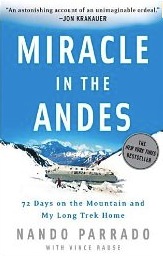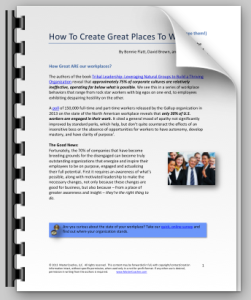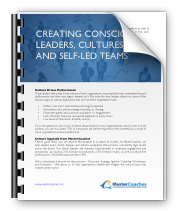I like to stay in touch with folks whom I’ve coached, especially people who have a lot to offer and who are also playing a big game in their personal and professional lives. I was recently in touch with one such individual, an executive who is leading an insurance company in Puerto Rico. He told me about a company event he recently attended where Nando Parrado was a guest speaker. Nando wrote the 2006 book Miracle in the Andes, which is the true story of a rugby team’s flight from Uruguay to Chile in 1972, only to crash in the Andes while en route. Nando was one of several survivors. Although other books, articles, and films have extensively documented this event, Nando’s book is an extremely personal account that is both factual as it is philosophical.
 To my great surprise and delight, the book showed up on my doorstep the next day, with my friend’s compliments. Now, previous books he sent me, including Chris Lowny’s Heroic Leadership, were phenomenal, so I lost no time with this one — I devoured it. Miracle in the Andes is one of those books that, when you’re done with it, you feel a deep sense of gratitude, respect, and admiration of its author — for who he has become and how he’s making an important contribution to the world.
To my great surprise and delight, the book showed up on my doorstep the next day, with my friend’s compliments. Now, previous books he sent me, including Chris Lowny’s Heroic Leadership, were phenomenal, so I lost no time with this one — I devoured it. Miracle in the Andes is one of those books that, when you’re done with it, you feel a deep sense of gratitude, respect, and admiration of its author — for who he has become and how he’s making an important contribution to the world.
Certain themes in the book emerge for me:
- Morality (our conceptions of right and wrong) is strongly influenced by the context we find ourselves in. Although it’s important to have a strong moral compass, it’s equally important to know when the conventional rules don’t make sense and it’s therefore necessary to bend the rules.
- Different types of leaders are needed — and in fact different types of leaders show up — for specific situations. Whenever possible, allow for such leadership to emerge.
- Never discount the power of intuition — our “gut” feeling or the voice inside our heads which provides us with wise counsel that cannot be yet substantiated with facts.
- Allowing for something to happen (e.g. waiting to be rescued) is just as important as making something happen (going for help, doing it yourself). Wisdom is juggling the appropriate amounts of each one.
- Love and our connection with others can help us get through the unimaginable. In fact, the bonds of trust, commitment, loyalty, and love that we build with other people are really our greatest legacy. The worldly possessions that we accumulate are essentially meaningless. The positive impact we have in the lives of others, however, withstands the test of time.
Nando shares some wise counsel towards the end of the book. He summarizes: “The true lesson of my ordeal wasn’t cleverness or courage or any kind of competency or savvy that saved us, it was nothing more than love, our love for each other, for our families, for the lives we wanted so desperately to live. Our suffering in the Andes had swept away everything trivial and unimportant. Each of us realized, with a clarity that is hard to describe, that the only crucial thing in life is the chance to love and be loved.”
There’s another more visceral lesson that I take away from this book: the value of perseverance. Not giving up too easily; not justifying our failures. We sometimes do these things too easily in our more “enlightened” world. Instead, we often need to take a powerful stand for what we believe in, even if it means toiling and enduring great pain and discomfort. History is full of examples of inspiring leaders that achieved the unimaginable for a cause greater than themselves.
In the end, Nando’s last advice is both simple and profound. In the same way he trekked the Andes through inhuman conditions in search for help, he traverses the book with us to share a great insight: “After all these years, this is still the best advice I can give you: Savor your existence. Live every moment. Do not waste a breath.”
The big take-away that I see for leaders, senior executives, and business owners is this: life is much simpler than we make it out to be. Work is a lot simpler than we’ve defined it. We complicate life in our over-emphasis on control, measurement, and being right. The pendulum has swung too far to the analytical end of things. Therefore, instead of controlling, allow. Presence, appreciate, and encourage. And, yes, love.




Social Links